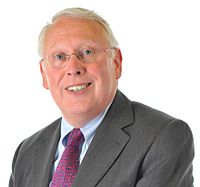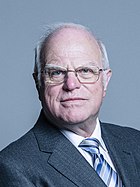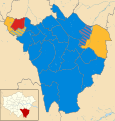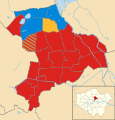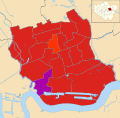| |||||||||||||||||||||||||||||||||||||||||||||
All 1,861 on all 32 London boroughs | |||||||||||||||||||||||||||||||||||||||||||||
|---|---|---|---|---|---|---|---|---|---|---|---|---|---|---|---|---|---|---|---|---|---|---|---|---|---|---|---|---|---|---|---|---|---|---|---|---|---|---|---|---|---|---|---|---|---|
| Turnout | 38.9% ( | ||||||||||||||||||||||||||||||||||||||||||||
| |||||||||||||||||||||||||||||||||||||||||||||
 Results by Borough in 2006. | |||||||||||||||||||||||||||||||||||||||||||||
Local government elections took place in London, and some other parts of the United Kingdom on Thursday 4 May 2006. Polling stations were open between 7am and 10pm.
Contents
- Results summary
- Council results
- Overall councillor numbers
- Mayoral results
- Ward result maps
- London-wide
- By borough
- References
All London borough council seats were up for election. Mayoral contests were held in the London Boroughs of Hackney, Lewisham, and Newham.
The London Conservatives slightly increased their vote share, made 131 council seat gains and won control of 6 new councils, while London Labour saw its vote share decline by 6% and lost 8 councils and 182 seats. The 2006 result was one of Labour's worst local election results in London, with its share of the vote (27.9%), its number of council seats (684) and number of councils (7) all at their lowest levels since 1968. Conversely, the Conservatives won the most seats, the most councils and the most votes in London for the first time since 1982.
The Labour decline was also accompanied by a rise in the number of minor party councillors, mostly concentrated in specific local authorities. Respect won 15 council seats, the British National Party won 14 and the London Green Party won 12. The Christian Peoples Alliance and the Socialist Party also won two seats each. In total, the election saw 76 minor party or independent councillors elected in London, a figure which remains the highest on record.
Altogether, minor parties and independents won 17% of the vote, the highest ever vote share for 'other' parties until the local elections of 2014.
